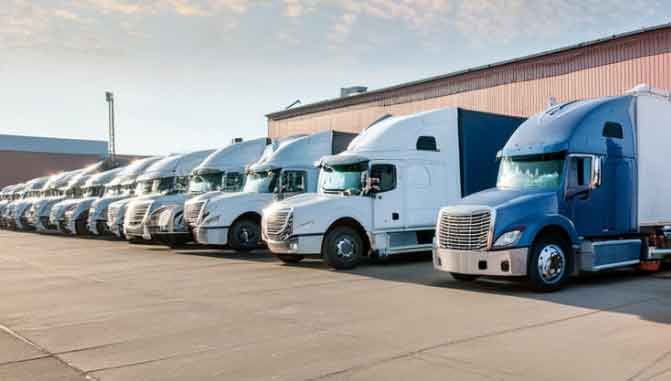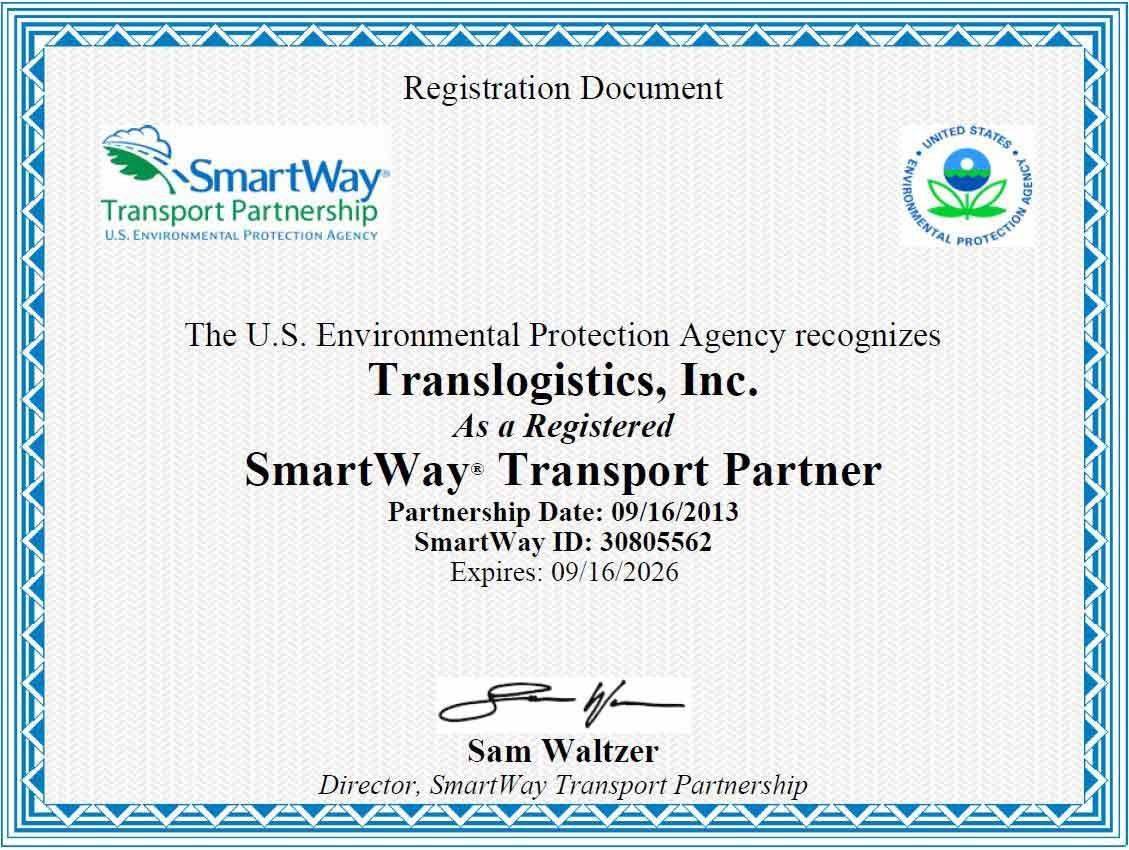Who is the shipper?
What is a shipper?
A shipper is the one who manages product being sent from one place to another, and contracts the shipment with the carrier. The shipper is in charge of getting the package ready for carriers to take it where it needs to go.
Why the term shipper can cause confusion: Many people new to logistics confuse the terms shipper and carrier. For example, you might hear someone call FedEx “the shipper.” Let’s clear this up by talking about the role that an entity like FedEx actually plays.
Who is considered the shipper?
The shipper listed on a bill of lading is the individual or entity accountable for packing and getting a shipment ready for the carrier's delivery. For instance, it could be a supplier dispatching parts to your company for use in manufacturing.

Who is considered the Carrier?
The carrier is the one who physically transports your cargo. For instance, UPS serves as a carrier. Steamship lines, truck lines, and airlines all fall under this category, as they own and manage transport equipment from alternative modes of transportation.
So, in summary:
The vendor who packed the shipment acts as the shipper, who then hands over the cargo to the carrier, such as a steamship line. Finally, this carrier delivers the shipment to the delivery party 'consignee' involved in the shipment.
What is the difference between the shipper and the carrier?
The shipper, often the supplier or owner of the goods being shipped, is also known as the Consignor. The carrier, on the other hand, is the person or company responsible for transporting goods or people for others and is accountable for any potential loss of the goods during transit.
Who is the consignee?
The term "consignee" might seem less obvious compared to the other two terms. Essentially, it refers to the person designated to receive the shipment.
For instance, imagine a supplier (the shipper) sending parts via a LTL carrier (the carrier) intended for your company (the consignee), to be used in manufacturing processes.
The term "consignee" originates from the concept of consigning, simply meaning to deliver goods into another's control. In this setup, you have:
- A consignor, who hands over the goods, and
- A consignee, who ultimately receives them.
However, confusion can arise because oftentimes the consignee isn't the one paying for the freight. Consider a supplier of mini toiletries for hotels, who includes shipping costs in the overall price:
- The supplier pays the LTL freight broker to deliver to the hotel.
- Despite not paying for freight separately, the hotel is still the consignee since they receive the shipment. The hotel pays their vendor, the shipper, with delivered freight. The shipper pays their third party freight broker, who pays the carrier for the transport.
Understanding these parties in a bill of lading sets the stage for why it's considered the "most important document in shipping."

Why is the Bill of Lading the most important shipping document?
As mentioned earlier, a bill of lading holds legal significance, delineating the duties and liabilities of each party involved in a transaction.
In its capacity as a legal instrument, the bill of lading serves three primary functions:
- Acknowledges receipt of cargo by the carrier: Essentially, the BOL serves as evidence that the carrier has assumed control of the goods from the supplier.
- Provides proof of the "contract of carriage": Simply put, it documents the agreement between the shipper and the carrier regarding the transportation of the freight.
- Functions as the "document of title": In essence, the bill of lading establishes the ultimate ownership of the goods.
Given these critical roles and the legal implications of the document, it's imperative to carefully review all information on your bill of lading before signing it, and ensuring awareness of all the parties listed on the BOL: Shipper, Carrier, Consignee.
TLI Insights
Get the latest logistics insights and tips from TLI's award-winning team. Stay ahead in transportation planning.
Questions? Email us at marketing@shiptli.com



